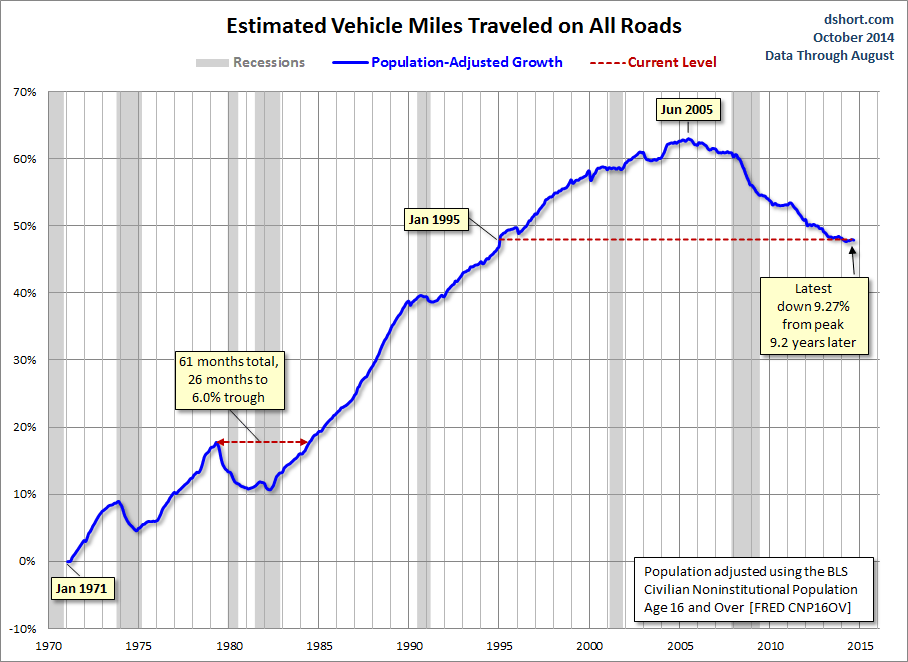Originally posted by seminole97:
This is great fodder for the classroom. Real world not
so much.
The real world is a classroom too if you pay enough attention.
And you're trying to tell me the stock prices of these oil
giants have anything to do with supply and demand. Really?
By stock I meant stockpiles. People that are spending their day trading oil are watching to see if inventories are building or draining.
If the good doesn't move off the shelf (or in this case out of the tank in the ground) the price is probably too high. If the price the market will bear doesn't cover the cost to make the good producers will quit making the good (this is why capitalism is a profit
and loss system, and doesn't work well when the government tries to eliminate losses for the favored).
If the good can't stay stocked on the shelf, the price is too low (e.g. when politicians come out after a hurricane and start jawing about 'gouging' - it's after that you have to count on luck instead of the market to find a gallon of gas...)
Back to the real world: When the original Wii came out Nintendo put a much lower price point on the system than their competitors. They were a major pain to find on store shelves. You could find people reselling them for the actual market price on sites like Ebay.
Fast foward to the PS3 launch. Piles of them in pyramids at stores because Sony was wrong, people weren't willing to take a second job to buy a PS3 like their CEO joked at an expo.
Some folks thought it was worthwhile at that price, but Sony misjudged the market, and had to adjust their prices to move their inventory.
Here's
a hypothetical. A storm is brewing in the Atlantic basin and has a 20%
chance of entering the Gulf and damaging the refineries in Texas. Are
you telling me all of these companies have the same exact set of risk
criteria and all of their selling prices will ulitimately be within a
few cents of each other? Are you telling me that their debt structure,
capital reserves and such are all so similar that the ultimate price at
the pump is negligable?
The price will be within a few cents of each other
because they're in competition. Many folks will take the station on the other side of the intersection (or town!) that is a few cents cheaper.
I'd love to sell my used car for 30k, but I know there are people selling the same make and model for closer to half that. What price do you think I'm going to select if I want to sell my car instead of look at it with a for sale sign on it? Am I 'colluding' with the other people selling at the price people are paying, or am I competing?
You can try to rationalize this anyway
you want but I'm not buying.
Is my price too high?
These compainies are making billions and
billions of dollars of profit a year EACH and yet the price at the pump
is all the same? Something doesn't add up...
Just your understanding, but ignorance is curable with information and consideration.
They make 'billions and billions' because they sell literally 'billions and billions' of barrels of oil to literally billions of people. You don't seem to appreciate the scale these companies are operating at. Billions sounds like a lot, but as we've discussed they're not collecting from you nearly what you already think gasoline is worth.
And yes, you have
to buy gas unless you want to live next to work and never go anywhere.
It's a good arguement in the classroom and in the LR but not so much in
the real world...
It is a lifestyle choice (choosing where to live and work, whether to use mass transit, etc.), as I mentioned we've both looked at the opportunity costs of not having gasoline and both made the decision it is certainly worth what we pay. You're just mad that you're not getting a better deal than you already are. Whereas I realize I'd pay several times the amount I do for gasoline (I'd use less, but I'd still buy some), so the going rate doesn't bother me.

